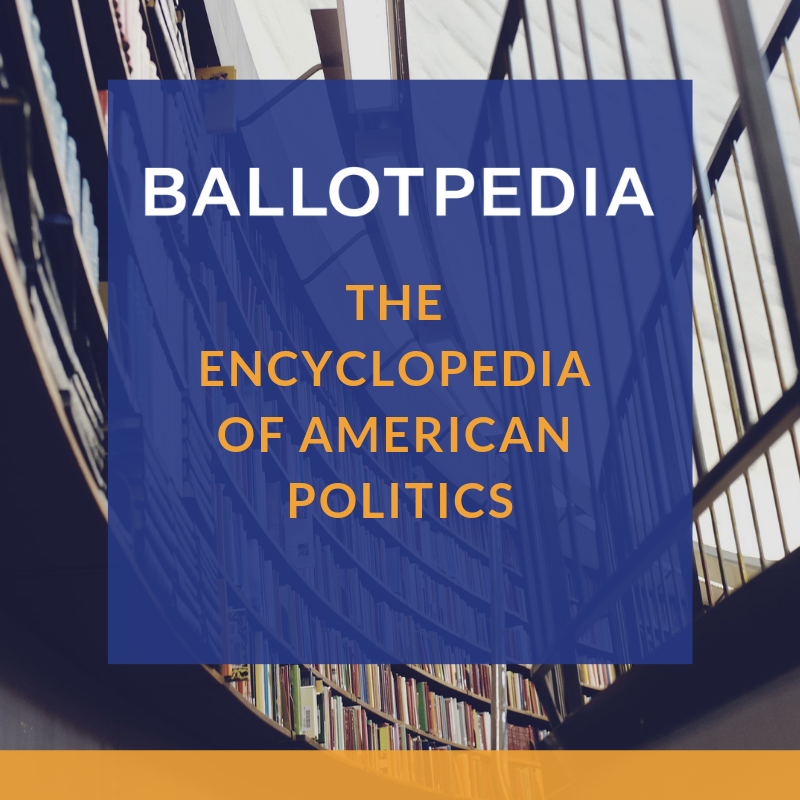This article about state preemption and the political forces behind it was published on Ballotpedia
Preemption occurs when law at a higher level of government is used to overrule authority at a lower level. State law can be used to preempt local ordinances, and federal law can be used to preempt state law. This page focuses on preemption of local ordinances by state law.[1]
The mayors of 63 of the country’s largest 100 cities by population were affiliated with the Democratic Party as of the end of 2017 while Republicans held state government trifectas in 26 states and the governorship in 34. That split between red states and blue cities is one source of preemption conflicts at the state and local level. For example, Republican state governments preempted Democratic-led efforts to increase the minimum wage in St. Louis, Missouri, and decriminalize marijuana in Memphis and Nashville in Tennessee.
However, shared party affiliations don’t guarantee that state and local governments will see eye-to-eye. For example, New York‘s Democratic governor, Andrew Cuomo, signed a 2017 bill blocking a plastic bag tax in Democratic-led New York City.
Common recent targets of state preemption include ordinances related to the minimum wage and paid sick leave, firearms policy, sanctuary status, and marijuana decriminalization. Click on the tabs below to read about these and other issues, as well as the role non-governmental groups like the American Legislative Exchange Council and the Campaign to Defend Local Solutions can play in preemption conflicts.
(The rest of this article can be read at its original source HERE.)

